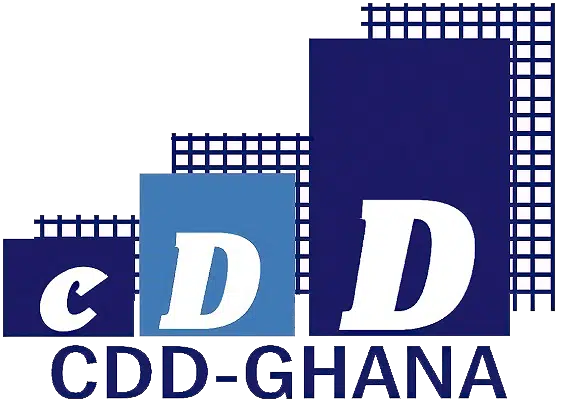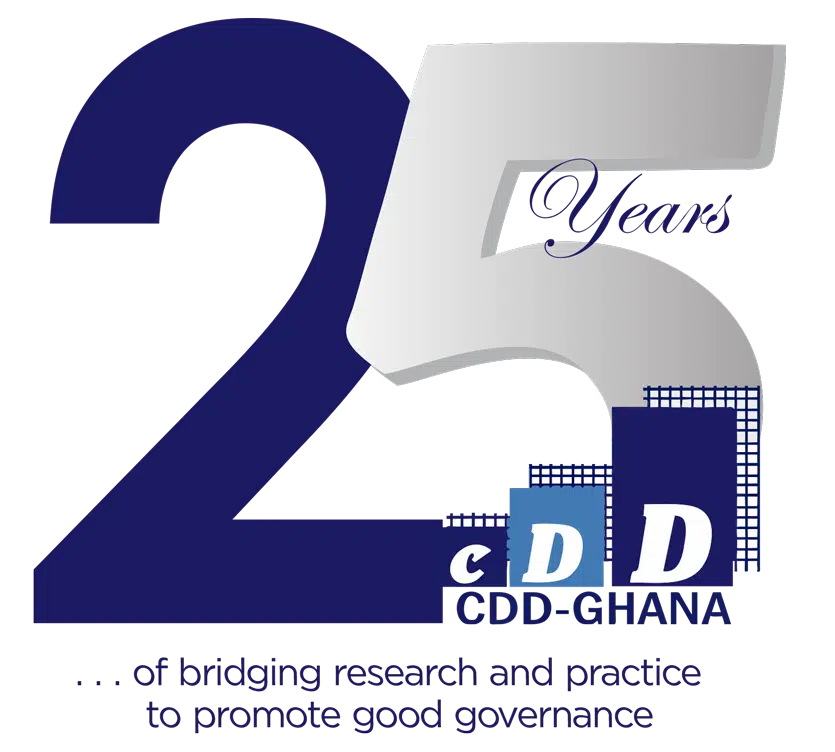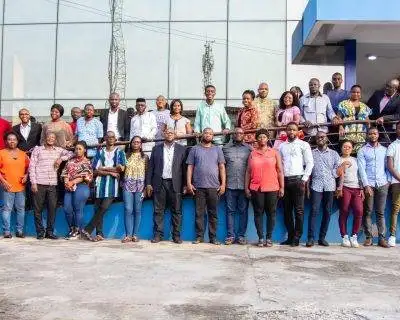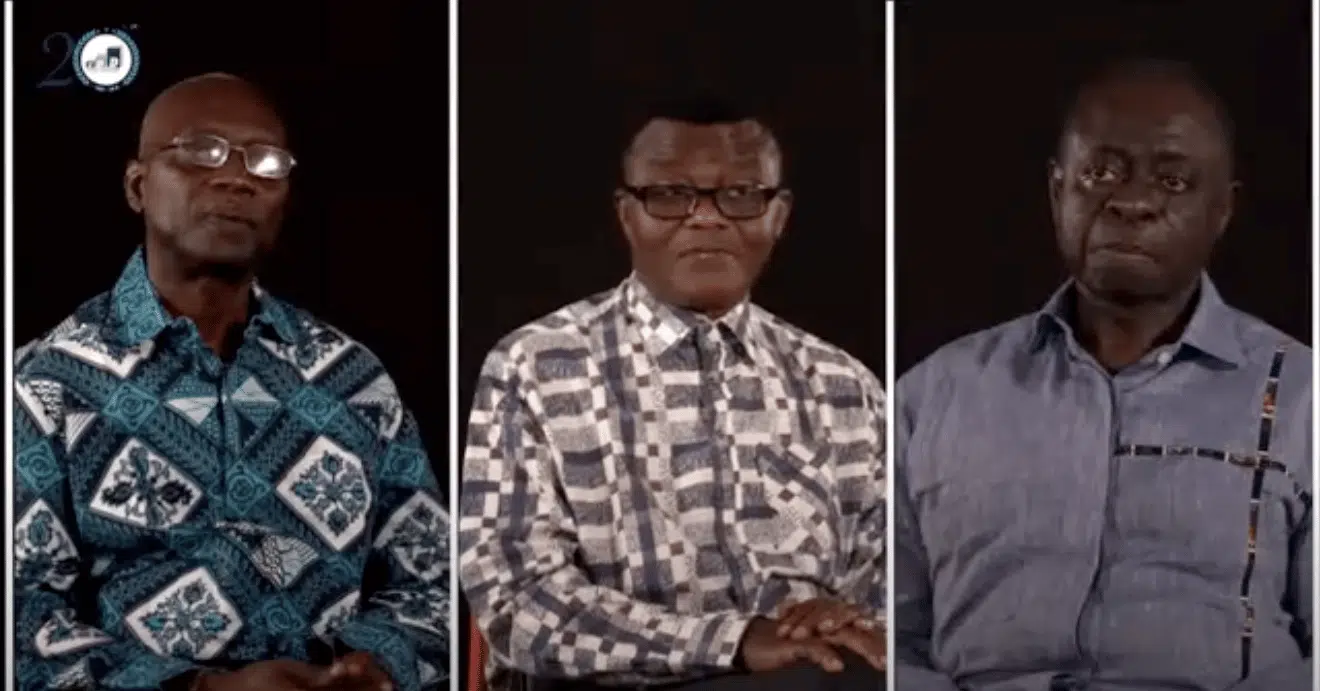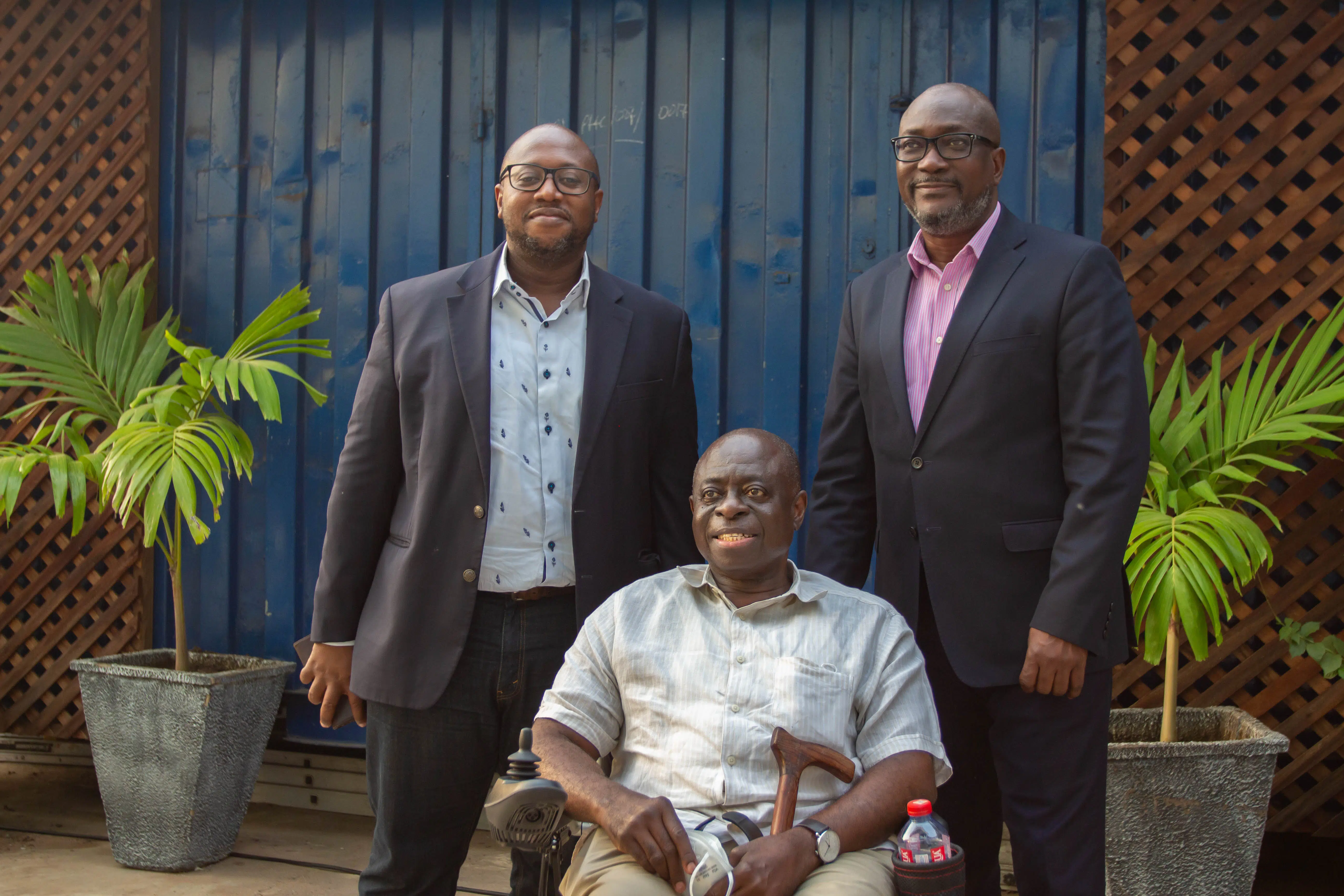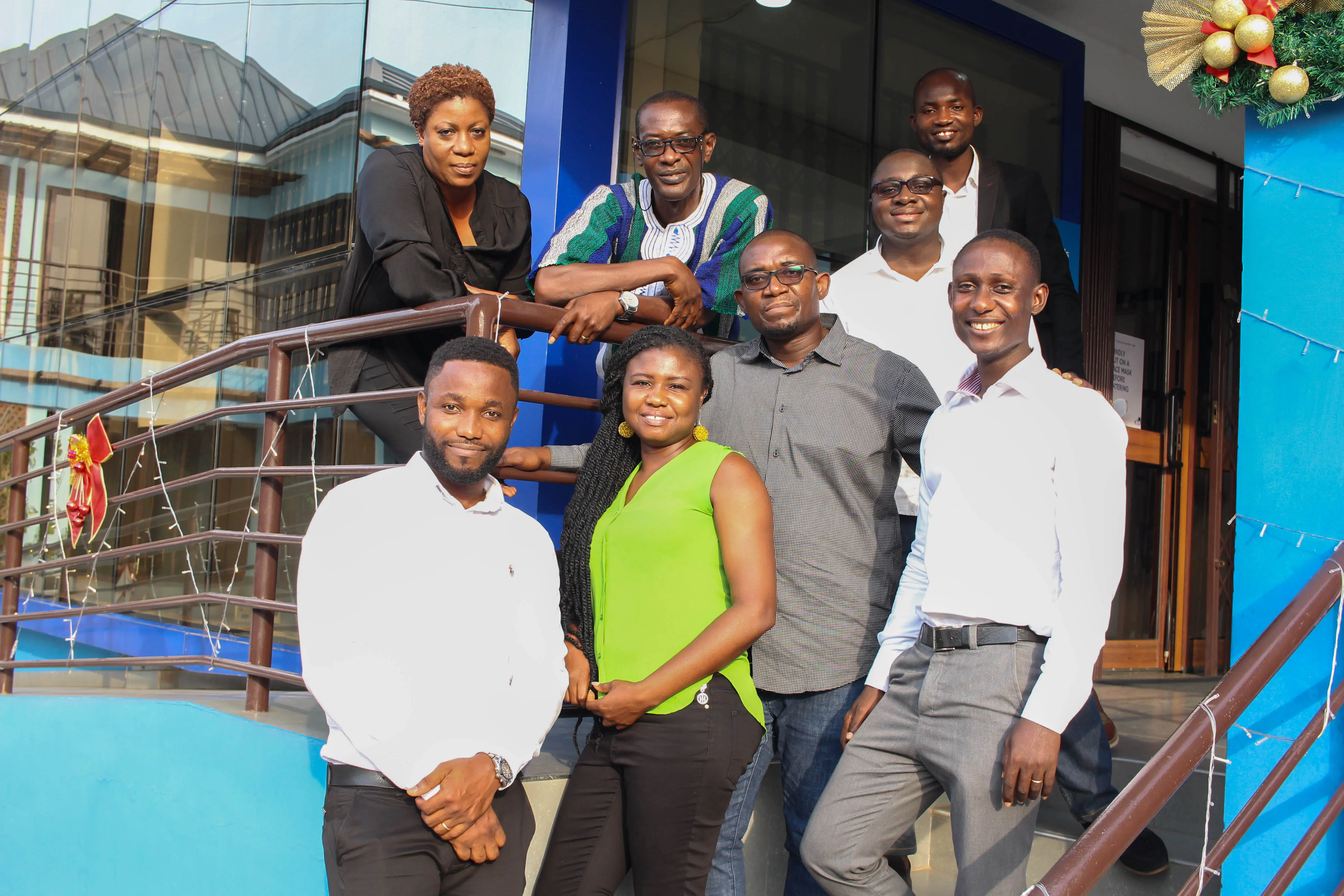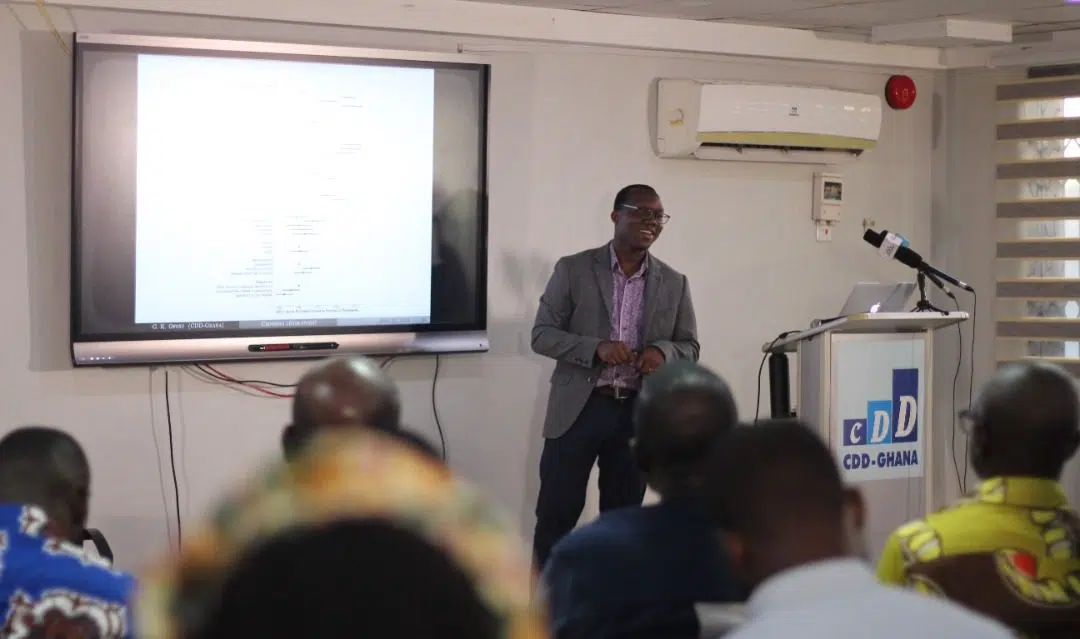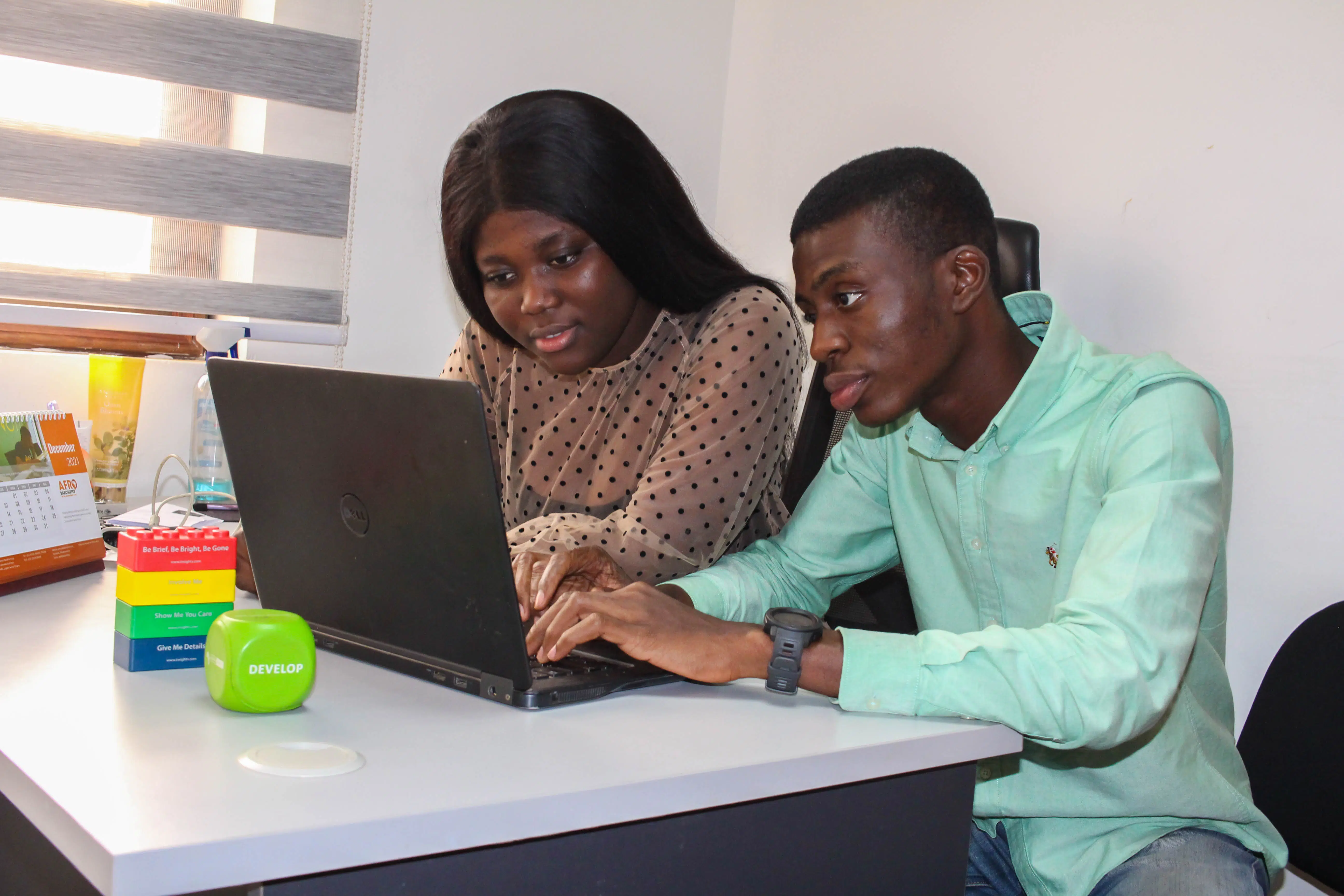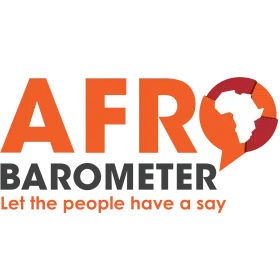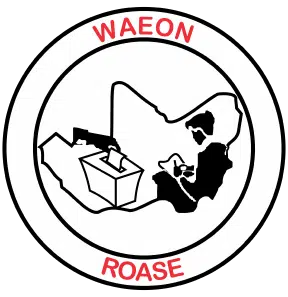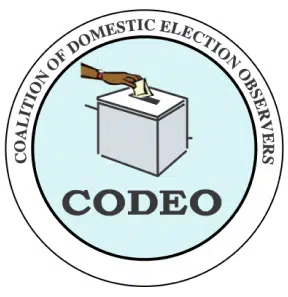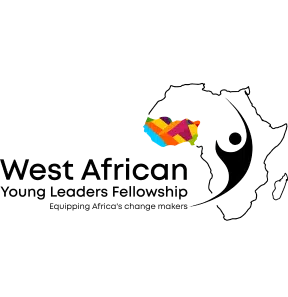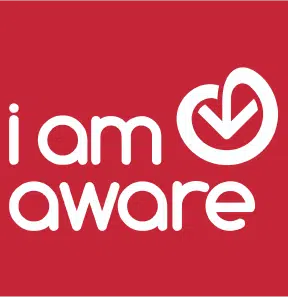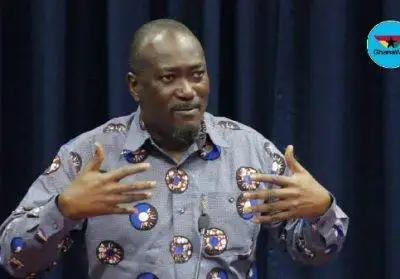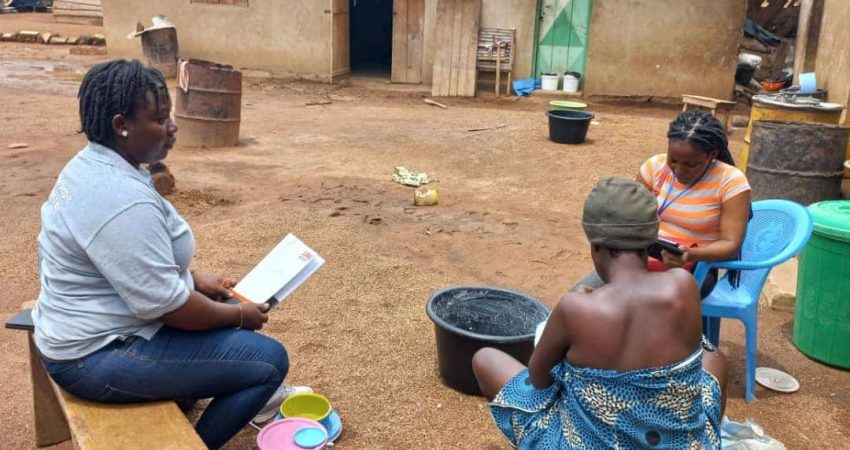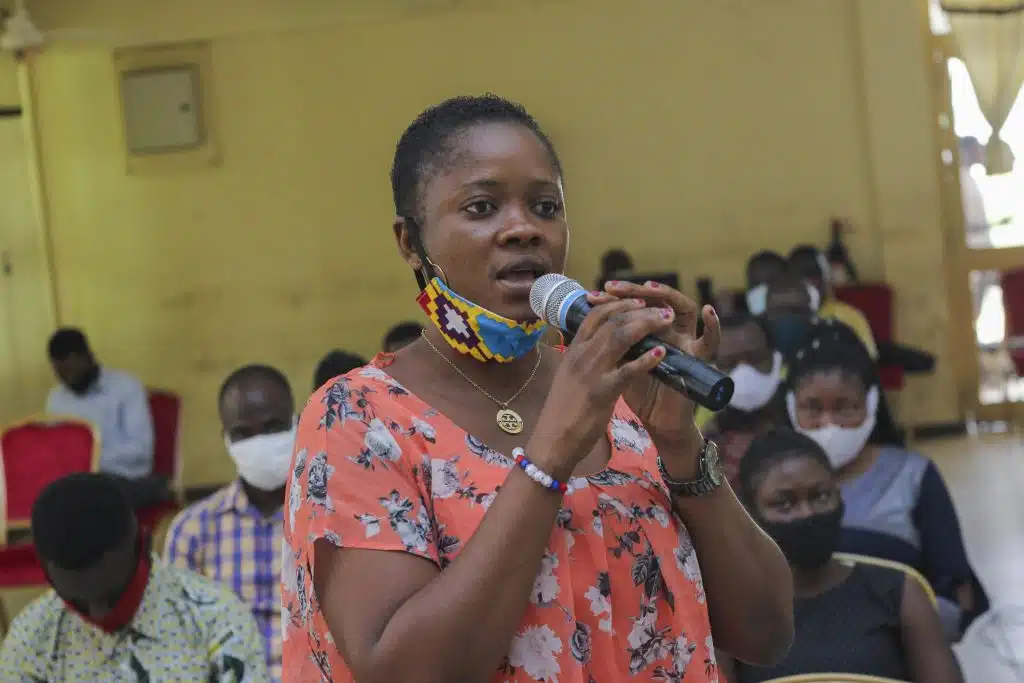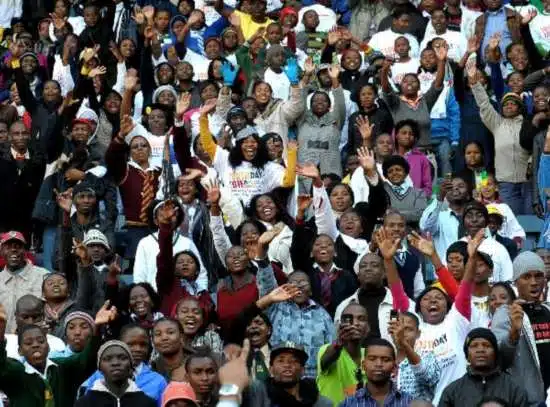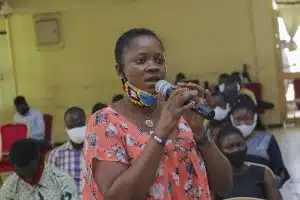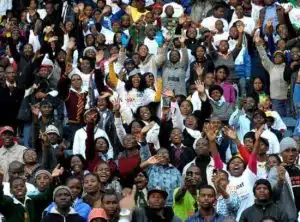Over the last several weeks, I have written editorials in this newspaper using data from the Afrobarometer survey. Today, I want to take an opportunity to share why I am its champion and why you will regularly see such editorials from me. I was introduced to the Afrobaromter survey when the first four rounds had been completed. A friend thought it was a tool in which I would be interested. Years later, I can say without a shadow of doubt that I have become more than just interested in it – I have taken it upon myself to be a champion of the survey as the critical tool for assessing the governance climate in countries like Ghana.
The maiden edition of the survey was conducted in 1999, in Ghana and eleven other countries in Africa. Since then, a total of eight rounds of the survey have been administered across 37 countries on the continent. Ghana has participated in all eight rounds of the survey conducted so far in 1999, 2002, 2005, 2008, 2012, 2014, 2017, and 2019.
Afrobarometer’s methodological approach: As important as surveys are they are not an exercise without issues or challenges. One of the core challenges in getting a survey right is the methodological approach. But does the Afrobarometer survey get it right? I have read their detailed technical document that explains the survey’s methodology. In working closely with the data, I have reviewed the observed patterns against general prevailing country conditions. I am left with no reservation concerning the soundness and rigor of the methodological approach of the survey.
The Coverage: From the initial round in 1999, to the most recent round in 2019, it is quite instructive the length and breadth of the governance landscape covered by the survey using carefully designed questions. The survey instrument has about nine key thematic areas (not counting the demographic, interview conditions, and country specific questions) captured in a total of over one hundred survey questions. I am of the view that the survey provides the requisite insights into the thinking and sentiments of Ghanaians with regard to governance in our public discourses.
The Utility of The Data: After eight rounds of the Afrobarometer survey, I believe we are yet to fully utilize the data especially as it pertains to the extent to which it informs political behavior, policy design, and program development. For example, the section on trust in institutions should be adopted by our key public institutions when devising strategies to cultivate trust among citizens. The section on how our various governments in the 4th Republic have handled key public problems should signal that despite the efforts of both current and previous administrations, there is still a tremendous amount of work to be done in job creation. The demographic variables enable us to detect important gaps in several matters of governance and democracy in the country. Further, because there are 37 other countries participating in the survey, we have an excellent opportunity to do sub-regional and other peer benchmarking analysis. These above mentioned are in no way exhaustive of how we are yet to fully utilize the information held in the survey but form a helpful starting point.
The Uniqueness of Afrobarometer: The launch of the Afrobarometer survey has been revolutionary. For the first time in the history of African countries, including Ghana, there is a research instrument designed to gather empirical information from citizens about their opinion on a wide range of governance matters informed by their lived experiences. To date, it is the only instrument that gives voice to the African citizen in such a comprehensive manner. It is no accident that the tag line of the survey is “Let the people have a say” and to ensure that the people really have their say, the survey interviews are done face to face in the language of the respondent’s choice.
The Future of Afrobarometer
I look forward to a future of more rounds of Afrobarometer. I have experience gathering data in Ghana and know the cost involved. I therefore understand the spaced-out frequency with which the surveys are done, but I do look forward to a future where these surveys will be done yearly. I also look forward to a future where data from the survey becomes an integral part of what informs our governance behavior and choices.
Whenever you want a good sense of the governance climate in Ghana either now, in the past, or over a period, I strongly encourage you to turn to the Afrobarometer Survey too.

John Osae-Kwapong (PhD.) is a Democracy and Development (D&D) Fellow at CDD-Ghana, Associate Provost for Assessment, Accreditation, and Institutional Effectiveness, Baruch College, The City University of New York
